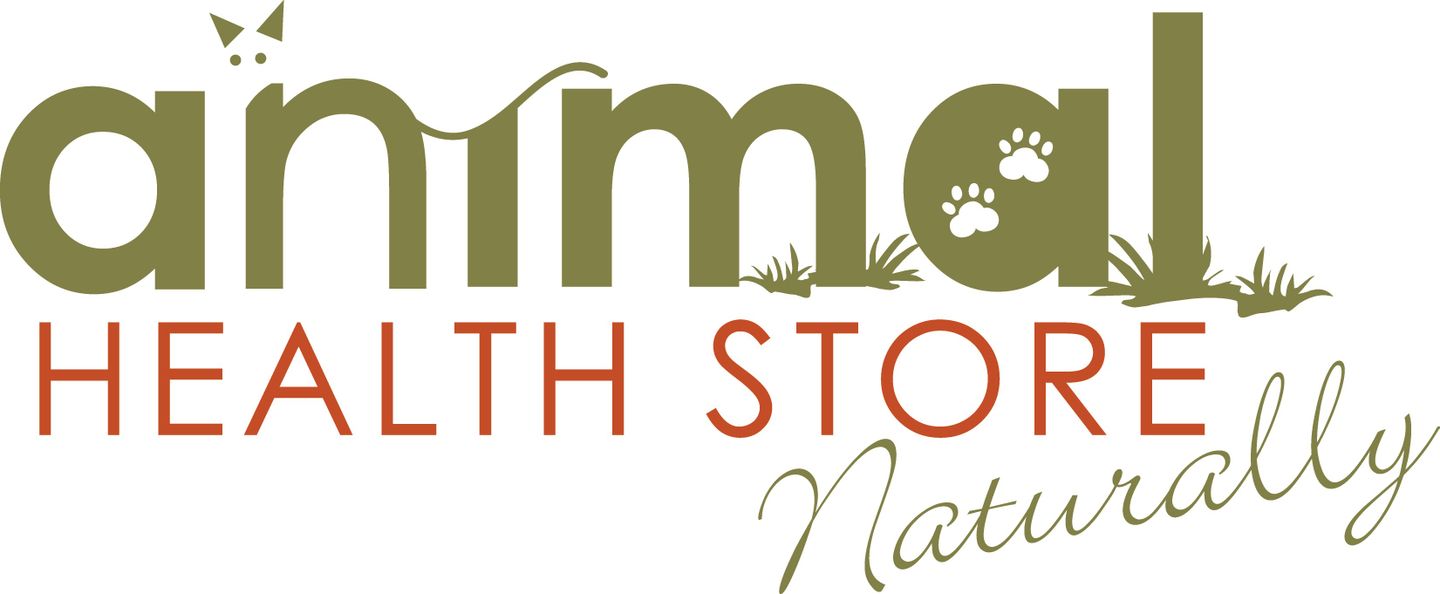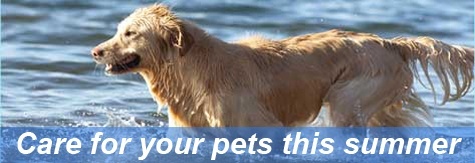Doggy Dehydration
Yes it is true even lap dogs can get de-hydrated! Some dogs are more inclined to become de-hydrated because they simply donít seem to want to drink. This can be particularly true for older dogs.
Very small dogs are also at risk of de-hydration due to the small blood volumes they have.
While dog trainers and people with working dogs have been aware of to electrolytes for dogs, it is not something that is widely talked about in the work of companion dogs.
Dogs lose more potassium when they pant than humans or horses lose when we sweat. Therefore dog electrolytes are higher in potassium than the electrolytes you may have for yourself or for your horse.
The consequences of dehydration are very serious, and can come on relatively suddenly. The effects can include (but are not limited to):
Aggressive behavior
Seizures
Constipation
Stroke
Ensuring your dog has access to cool fresh water is essential.
If your dog does not tend to drink enough, or you have been exercising your dog or working your dog in the heat, then adding electrolytes to the feed may be a useful strategy in helping to prevent the effects of dehydration.
The electrolytes in the feed encourages the animals to drink more so be aware that your animals will consume more water than you may be used to and ensure there is sufficient water to accommodate their needs.
Make sure that you do not leave the water in the sun as hot water is not appealing to your dog.
Animal Health Store has two electrolytes specifically for dogs, which you might like to try with your dogs as part of your summer management plan.
You should always consult with your vet regarding any serious medical condition and ensure that your vet is aware of any herbs or natural supplements that your animal is presently taking. Information provided here is for educational purposes only and does not constitute medical advice.


